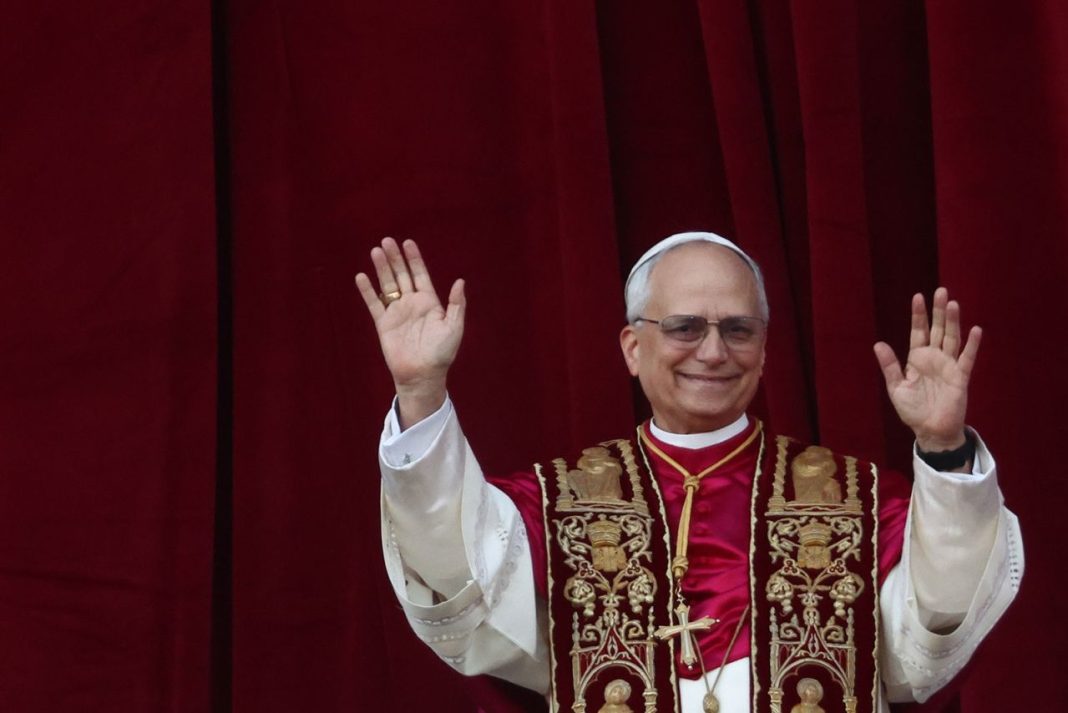VATICAN CITY — Pope Leo XIV has made his first episcopal appointment in China under the Vatican’s contentious 2018 agreement with Beijing, signalling continuity with one of Pope Francis’ most debated diplomatic legacies.
The Holy See confirmed that Bishop Joseph Lin Yuntuan was appointed auxiliary bishop of the Diocese of Fuzhou on Thursday, June 5, 2025.
On Wednesday, June 11, 2025, Chinese authorities formally recognised the appointment—an act the Vatican hailed as a milestone in its ongoing dialogue with the Chinese government.
“The acceptance of Bishop Lin by civic authorities and his taking possession of the diocese constitute a further fruit of the dialogue between the Holy See and the Chinese authorities,” the Vatican said in a statement.
“It is a significant step in the diocese’s communal journey.”
Pope Francis brokered the original 2018 agreement with China in an effort to mend decades of fractured relations.
The deal, which remains secret in its exact terms, reportedly allows the Chinese government to propose candidates for bishop, with the Vatican holding final approval.
At the time, the agreement was framed as a step toward healing the divide between China’s state-sanctioned Catholic Church and the underground Church loyal to Rome.
The Chinese Catholic community—estimated at 12 million—has long been split between the government-run Chinese Patriotic Catholic Association, which historically rejected Vatican authority, and a clandestine network of believers who remained loyal to the papacy through decades of suppression.
Francis’ decision to sign the agreement stirred backlash, particularly among conservative Catholics who accused the Holy See of compromising Church independence and abandoning persecuted underground believers.
Despite criticism, the deal has been renewed multiple times, with Vatican officials maintaining it is the best available framework for engagement.
Now, Pope Leo XIV—the first American ever elected to the papacy—is continuing the controversial policy.
One of the major foreign policy questions he faced following his March 2025 election was whether he would uphold the Vatican-China agreement or adopt a more confrontational stance amid calls for reform.
Wednesday’s announcement confirms his commitment to diplomatic engagement with Beijing, even as concerns persist about China’s compliance.
In recent years, Beijing has made several episcopal appointments without apparent Vatican consent—moves interpreted by critics as breaches of the agreement.
Tensions mounted just before Leo’s election, when the Chinese church reportedly initiated the preliminary selection process for two bishops without prior Vatican coordination.
The appointments had yet to be consecrated, but the development raised questions about the effectiveness of the accord and the Holy See’s ability to enforce its terms.
Despite the concerns, the Vatican’s endorsement of Bishop Lin’s recognition suggests it views the latest appointment as evidence of progress.
For Pope Leo XIV, who has pledged to advance the global Church’s unity and outreach, the handling of Sino-Vatican relations will remain a litmus test of his diplomatic leadership.
The 2018 agreement has never been made public, and observers continue to debate its long-term implications for religious freedom, Church autonomy, and the faithful in China.







